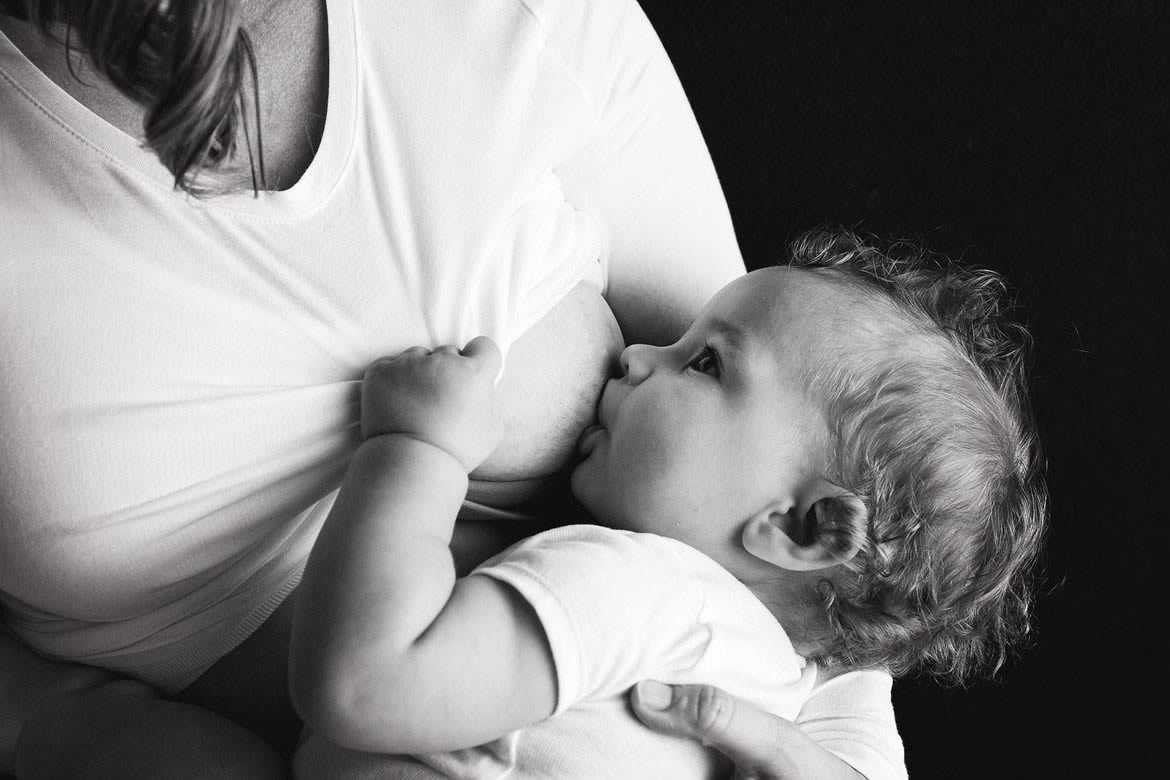By Zainab Yate
Whilst a baby, toddler or child is latched on, some mothers suffer from negative feelings or intrusive thoughts – this is a phenomenon called breastfeeding or nursing aversion and agitation (BAA).
The phenomenon of BAA is known to exist in varying degrees and durations, along a spectrum that is individual for each mother – as the onset and severity is unpredictable. However, a recent study found the expression or manifestation of aversion is similar, with mothers describing very similar feelings and thoughts, often using the exact same phrases (Yate, 2017). It is a rarely discussed topic as many women do not want to talk openly about it or are perhaps afraid to share these feelings and sensations, like ‘skin crawling’.
“The two days before I get my period, I get nursing aversion at night. This usually feels like being very agitated, and the need to get my baby off me and what only be described as extreme itching all over my body but under the skin.” – Nadia
Unwanted thoughts and emotions mostly surface when baby is latched onto the breast and include feeling anxious, agitated, angry, disgusted or rageful, and then shameful or guilty about these feelings afterward.
These thoughts or feelings are specifically about breastfeeding and a mother suffering from these might feel like she wants to run away, wants to stop breastfeeding, feel trapped in the situation, and have an urge to stop feeding. Usually, these feelings and thoughts disappear when the baby stops feeding.
These feelings and sensations often result in a difficult conflict of wanting to carry on breastfeeding but having to de-latch because of encountering such emotions and feelings. It is also particularly hard for mothers suffering to open up to somebody as these emotions might make her feel ashamed of herself, with guilt about not ‘loving breastfeeding’.
“I didn’t actually know there was a term for this. I get so angry, like a rage when my son latches now, and I am not sure why. I used to LOVE breastfeeding and we had such a good relationship. All I think about now is leaving, running away when he suckles. Then I feel so guilty it hurts.” – Hanna
Is BAA like Dysphoric-Milk Ejection Reflex (D-MER)?
In the experience of negative emotions whilst breastfeeding, yes. However, for mothers who experience BAA, there is often an overwhelming urge to de-latch the suckling infant, as once aversion hits it will not abate until the infant has stopped suckling. This is noted in distinction to the condition of D-MER, which is the experience of feelings of dysphoria when the milk releases, as these dissipate shortly thereafter – not staying throughout the whole feed as is the case with BAA. The feelings themselves are also generally different: anger and agitation are not the same emotions as dread, despair or sadness, although there can be crossovers. Mothers can experience both D-MER and BAA, and at the same time, but they are different, with likely very different causes.
See next page for what mothers can do if they experience BAA and where to find support…











